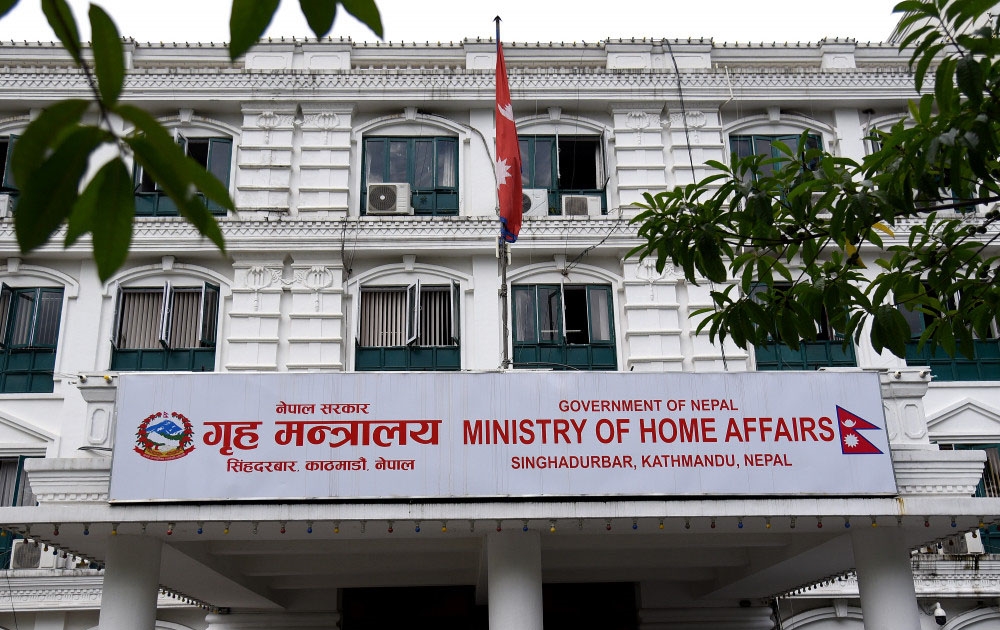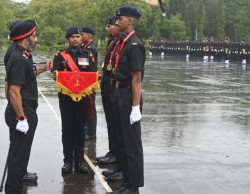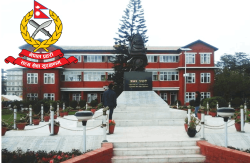Defence & Security

The government has transferred all 17 incumbent Deputy Inspector Generals (DIGs) of Police. Thursday's transfer of top Police echelons means massive transfers are on the cards in the weeks to follow.
The transfers came barely three weeks after Rastriya Swatantra Party President Rabi Lamichhane became the home minister on December 26.
In Nepal, the Home Ministry decides on transfers and promotions of Police officers above the ranks of the superintendents.
Also Read: Govt rejigs postings of DIGs
"The transfer move is pretty much consistent with the long-held tradition in Nepal and Nepal Police," said a former Deputy Inspector General of Police.
"The tradition is such that each time there is a change of guard at the top, it triggers changes across the board, down the chain even as the department has a one-year transfer cycle in practice."
Police are routinely transferred after the election. "Whenever a new party comes to power after the election, usually there's a new home minister. The new home minister is invariably inclined to start with transfers at the top, followed by changes down the chain," said the former police official.
Part of this has to do with the "psychology of the political leadership", or, more specifically, the home minister at the time.
"There also is a tendency of 'tagging' police officers with political parties," according to a retired DIG.
"The minister tends to think that the officers transferred and posted by the predecessor minister is loyal more to that particular minister and the government. That's one of the reasons why the new minister takes quick transfer initiatives. That's how you gain control of the organisation as a line minister."
Nepal Police used to have a good two-year transfer cycle, but the subsequent governments have gradually reduced it to one year.






